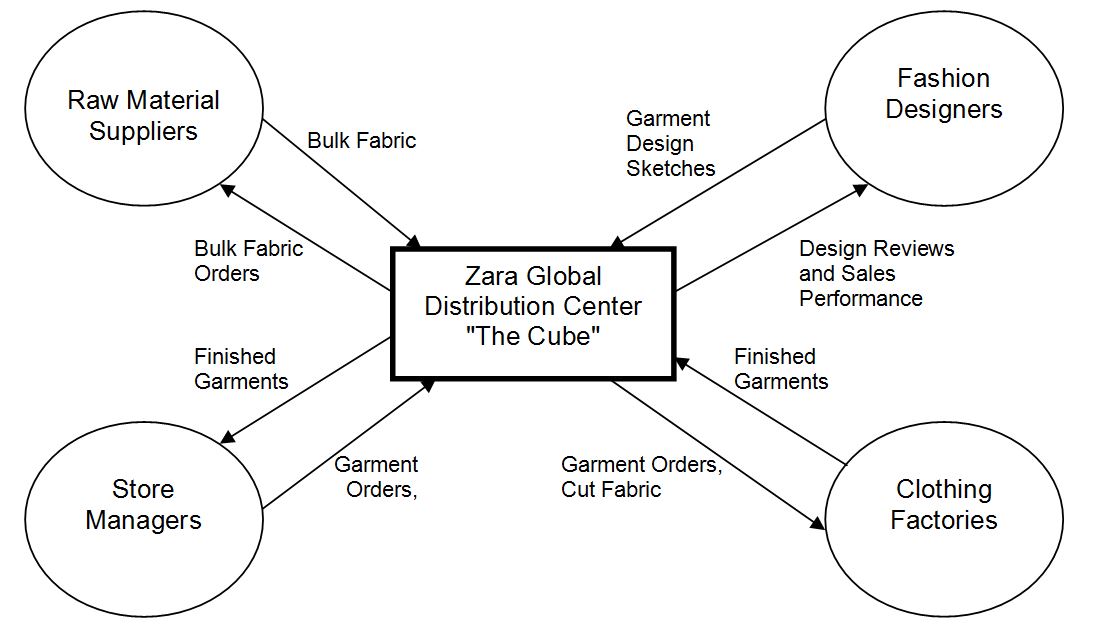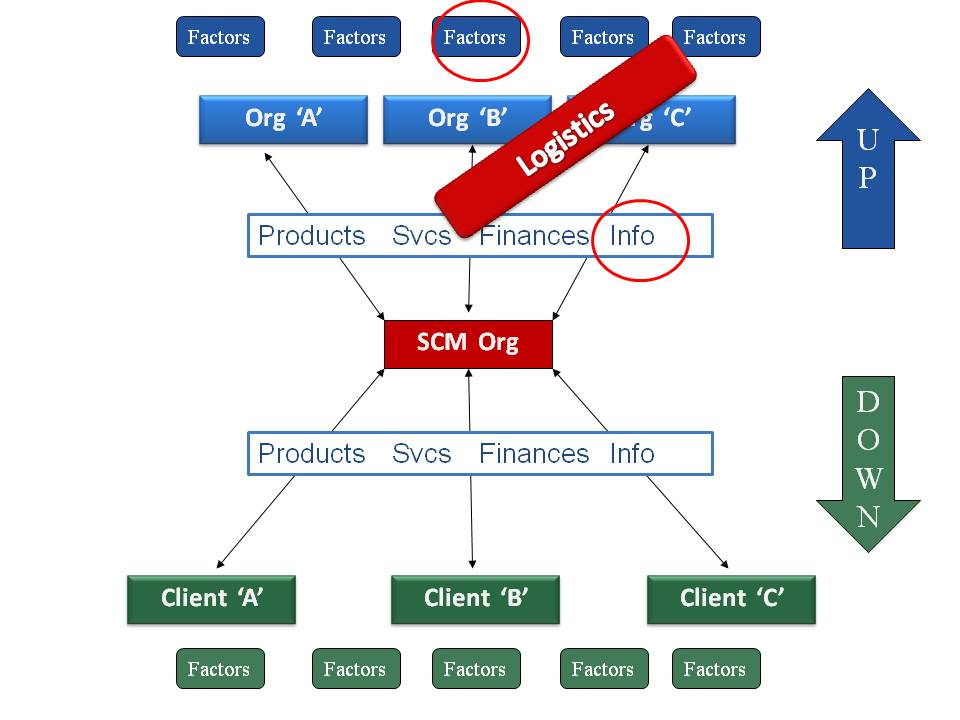Supply Chain Management At World Co. Ltd. Pdf

Case Analysis, 2005 Supply Chain Management at World Co., Ltd. Japanese consumers have a reputation of being highly brand name conscious. Although this trend still remains for some categories of people, especially young women who are sensitive to latest fashion trends, nowadays Japanese consumer are also starting to choose apparel that matches their tastes and life styles. Japanese apparel manufacturers design and develop their own products, oversee a number of production subcontractors, and manufacture and market products under their own brands. Nearly all of these apparel manufacturers also function as wholesalers, selling products directly to retailers. Introduction To Business Law 5th Edition.

Larger manufacturers even have their own boutiques within department stores, and some also operate outlet stores. Japan has a mature apparel market, and simply offering low prices does not guarantee success.
Manufacturers have to establish a brand identity. Products that offer what Japanese consumers are looking for in material, technical skill and styling will be accepted and will fare well in competition with others.
Mike Coburn Soldier Five Pdf. The three factors that distinguish Japan from other countries are: Delivery Schedules: Special attention should go to seasonal goods and fashion merchandise, especially when produced in lands without four distinctive seasons. It takes time to assemble raw materials, acquire accessory items and ship the finished merchandise. Sometimes the merchandise ends up getting delivered after the sales season is already over. Production Lots: Because apparel production in other countries has historically been for export to Europe and the United States, production lots have always been large. This practice does not match up well with the preference of the Japanese market for small-lot orders, multiple product types and short-term production cycles.
Items 15 - 27 - The case readings will be made available in a course pack and additional readings will be distributed in class. • Case Study: Supply Chain Management at World Co., Ltd. • Case study: Aldi: A German Retailing Icon (IES 184 / P-1071-E). • Case Study: IBM Retail Business Assessment at Dillard's,.
Quality Control Standards: Many products can pass inspection in their home countries but sometimes fail inspection in Japan. European and American quality standards emphasize external appearance rather than the minute details of workmanship. However, Japanese consumers tend to demand perfection in the products they buy, and they judge products harshly for their flaws even if those flaws in no way take away from their utility. World Co., Ltd.